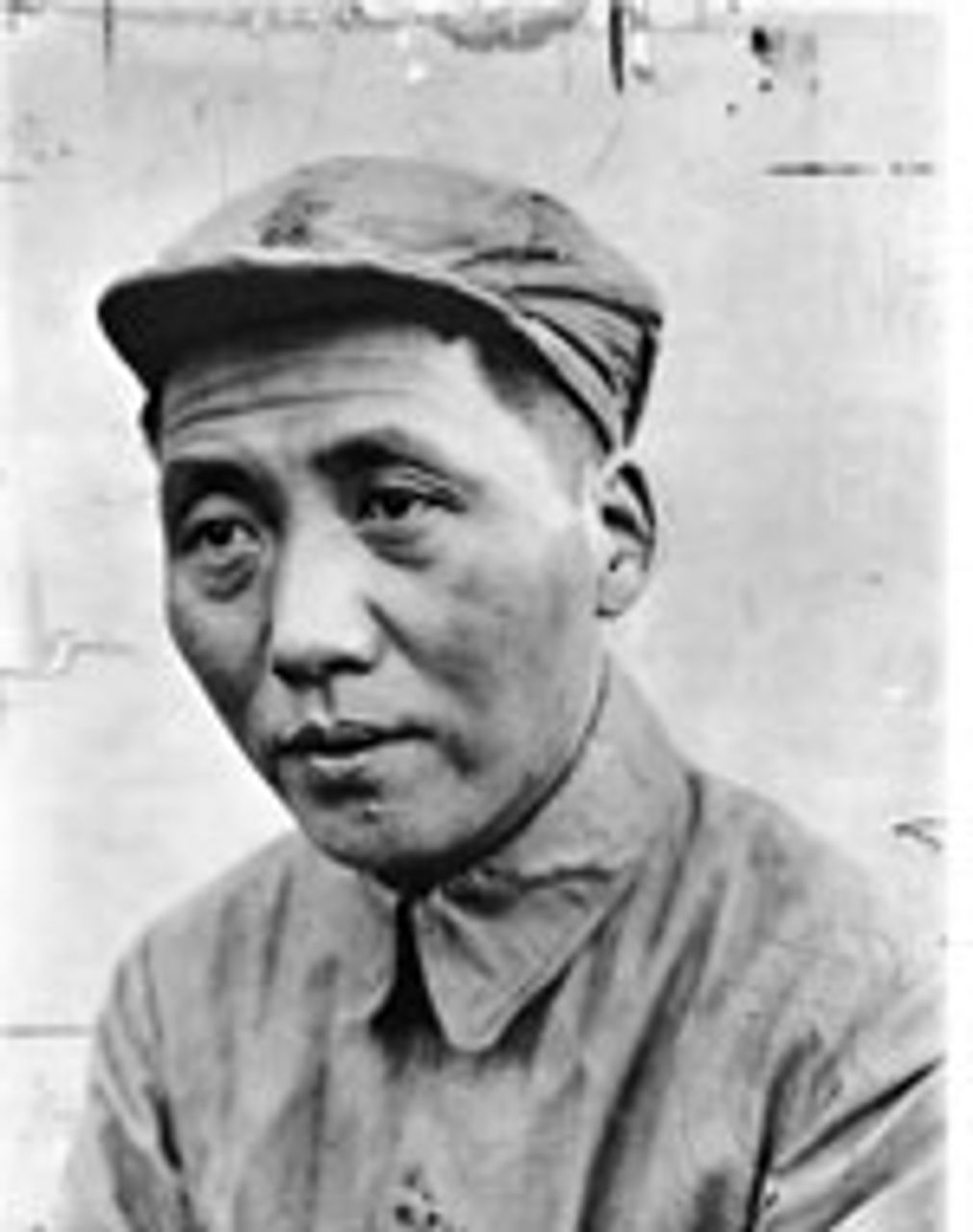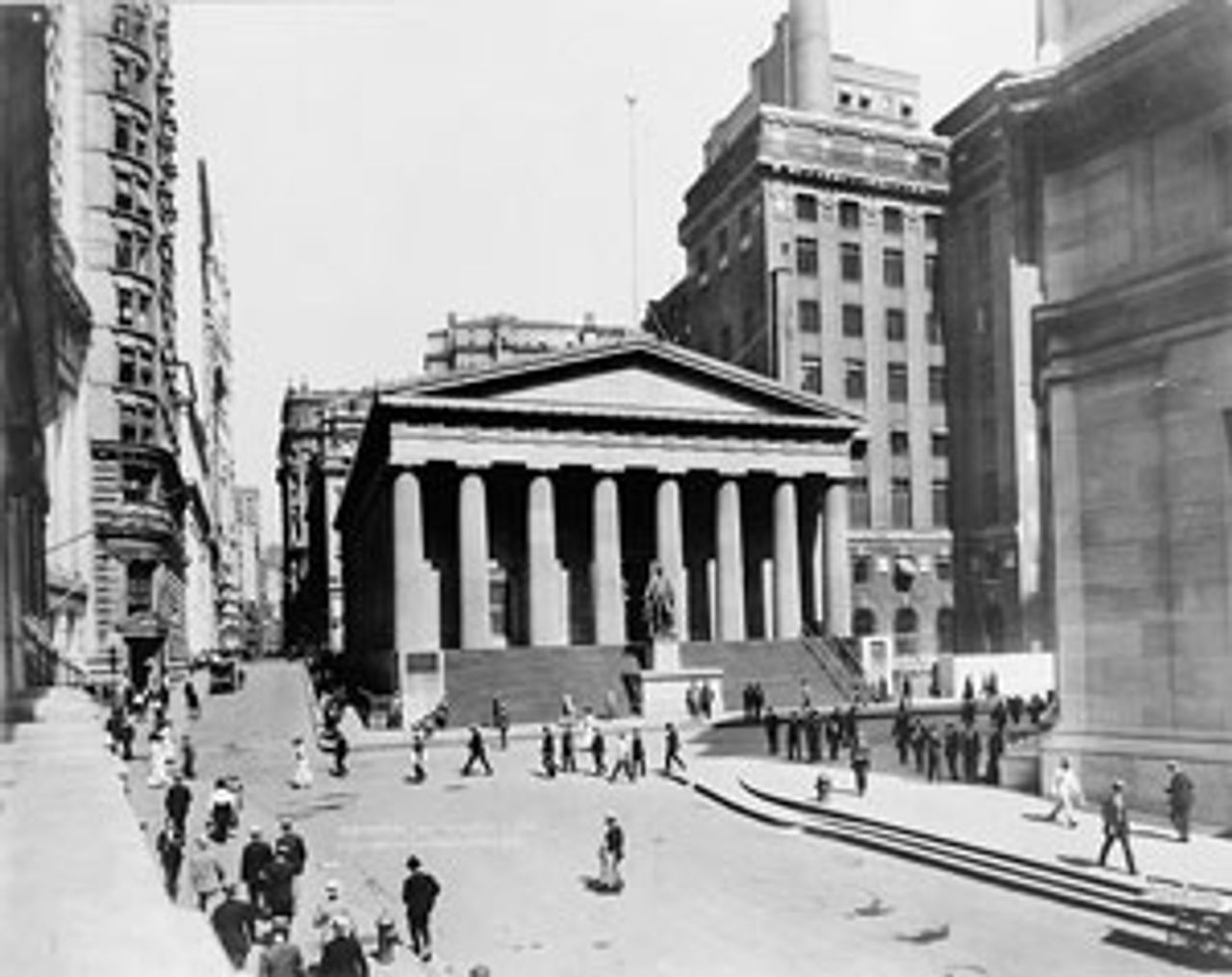This Week in History provides brief synopses of important historical events whose anniversaries fall this week.
25 Years Ago | 50 Years Ago | 75 Years Ago | 100 Years Ago
25 years ago: Reagan assails Soviets on sixth anniversary of Afghan invasion
 Afghan Mujahadeen in 1987
Afghan Mujahadeen in 1987On December 27 and 28, 1985, US President Ronald Reagan delivered speeches assailing the Soviet war in Afghanistan to prop up the regime of Babrak Karmal against an Islamist insurgency funded and armed by Washington and Pakistan. Reagan’s comments were timed to coincide with the sixth anniversary of the 1979 entry of the Soviet military into Afghanistan.
Reagan said the Soviet invasion had produced an “utter hell” for Afghanistan. “These courageous people have shown the world that the Soviets can never achieve the outright subjugation of mind and spirit they seek,” Reagan said. He attacked the Soviets for their “barbaric methods of waging war” and for using “the full force of their modern weaponry” against the insurgents.
Of the insurgents—militant Islamists from Arab countries, including Osama bin Laden, among their ranks—Reagan spoke in the highest terms. These were noble fighters “who still fight on in the name of the ideals upon which our own nation was founded: freedom and independence,” he said.
The insurgency had broad popular support among the Pashtun tribes of the nation’s south and east, and the Soviet effort to defeat it appeared increasingly hopeless. Reagan said the US would serve as a “guarantor” of peace in Afghanistan-Pakistan region, but only if the Soviet army withdrew fully.
50 years ago: General strike shakes Belgium
 An abandoned Belgian coal mine
An abandoned Belgian coal mineA general strike of workers against austerity measures deepened in Belgium this week in 1960-61. The strike came in response to a series of social benefit cuts proposed by the Christian Democrat/Liberal Gaston Eyskens government. Police repression of workers’ demonstrations resulted in scores of arrests and one death.
The general strike targeted Eyskens’ “Loi Unique,” whose cuts to social spending aimed to balance for the loss of an estimated $320 million in revenue resulting from the independence of the Belgian Congo earlier in the year. The law would increase the retirement age for receiving full state benefits to 65, and would narrow workers’ ability to collect unemployment compensation.
The executive body of the main Belgian union, the General Workers Federation (FGT), ruled out a general strike, but after government workers walked out, the general strike spread quickly to all sectors of the economy under the slogan “Down with the Eyskens government!” Only at this point did the president of the FGT, Andre Reynard, take leadership.
The general strike enjoyed its greatest support among the industrial workers of Belgium’s Walloon French-speaking south and the impoverished Borinage coal mining region. In the Flemish north there was little heavy industry, and the regional economy—long heavily agricultural—was expanding more rapidly in the Dutch-speaking areas.
Reynard and the union heads in Wallonia responded by promoting Walloon nationalism. “I am a Walloon, and I am a federalist, and I shall remain one. We do not want to submit to Flemish clericalism any longer,” Reynard, who claimed to be a Marxist, said during the strike. “For a Walloon Wallonia: against the Loi Unique: against the misery in the Borinage: against the oppression of unitary government: against the Flemish government: against the murderers of the Walloon people.”
75 years ago: Mao Zedong issues the Wayaobu manifesto
 Mao Zedong
Mao ZedongOn December 27, 1935, Mao Zedong, the leader of the Chinese Communist Party (CCP), advocated another alliance between his party and the nationalist Kuomintang (KMT) in his “Wayaobu Manifesto.” The publication was his treatise on how to win the Second Sino-Japanese War.
Mao’s call for an alliance with the KMT came in spite of the bloodbath that resulted from the same alliance in the 1920s. The CCP had joined the First United Front with the KMT on the orders of the emerging Stalinist bureaucracy in Moscow in the early 1920s, over Trotsky’s warning that the subordination of the Chinese workers to a bourgeois nationalist movement would create a disaster.
On orders of Stalin, in 1927 the militant Shanghai workers laid down their arms, paving the way for their massacre at the hands of Moscow’s KMT ally. This in turn led to the CCP abandoning the Chinese working class and retreating to the countryside to construct a peasant-based movement.
Even after the 1931 Japanese invasion of China and occupation of Manchuria, the leader of the KMT, Chiang Kai-shek, preferred to prosecute the war against the CCP rather than resist the Japanese. He entered into the alliance with Mao only after he was kidnapped by his own generals, who were fearful of a total collapse against Japan. The Wayaobu Manifesto led to a “Second United Front” between the parties in 1937, pausing 10 years of civil war.
100 years ago: New York bank seized by regulators
 Wall Street in the nineteen-teens
Wall Street in the nineteen-teens On December 28, 1910, New York Bank regulators seized Northern Bank after it was determined its millionaire owner, Joseph G. Robin, was embezzling tens of thousands of dollars and manipulating securities in the several firms he controlled. Revelations about the rise and fall of the 37-year-old grabbed public attention and, according to one literary critic, provided the basis for both Jay Gatsby in F. Scott Fitzgerald’s The Great Gatsby and Theodore Dreiser’s protagonist in Vanity, Vanity.
Robin, the son Jewish immigrants from Russia, was a New York City beat reporter when, in 1893, for $300 he sold information to a newspaper on scandalous conditions at a local hospital that his sister, a nurse, had given him. He used this money to pose as a wealthy investor, and managed in 1895—in the midst of the Great Depression of the 1890s—to purchase an electrical power firm in Buffalo, raising the money for the purchase only after the sale and eventually selling out for a large profit.
In similar ways Robin, who had by this time dropped his birth name Robinowitch and claimed to be a Frenchman, acquired real estate firms, banks, and even the Aetna Indemnity Company. In the space of 10 years, Robin had gone from poverty to being worth an estimated $1 million. So deeply did he embrace his new identity that, upon his arrest, all of his associates believed he was French.
Regulators discovered that the multiple banks, trusts, and insurance companies controlled by Robin were used in an elaborate way to defraud investors. This came to light when a $50,000 check written to Aetna was found not to have been credited to the firm’s books.
Robin’s activities sent shivers through financial circles still jittery after the financial panic of 1907, which had been set into motion through the collapse of speculative financial schemes.
